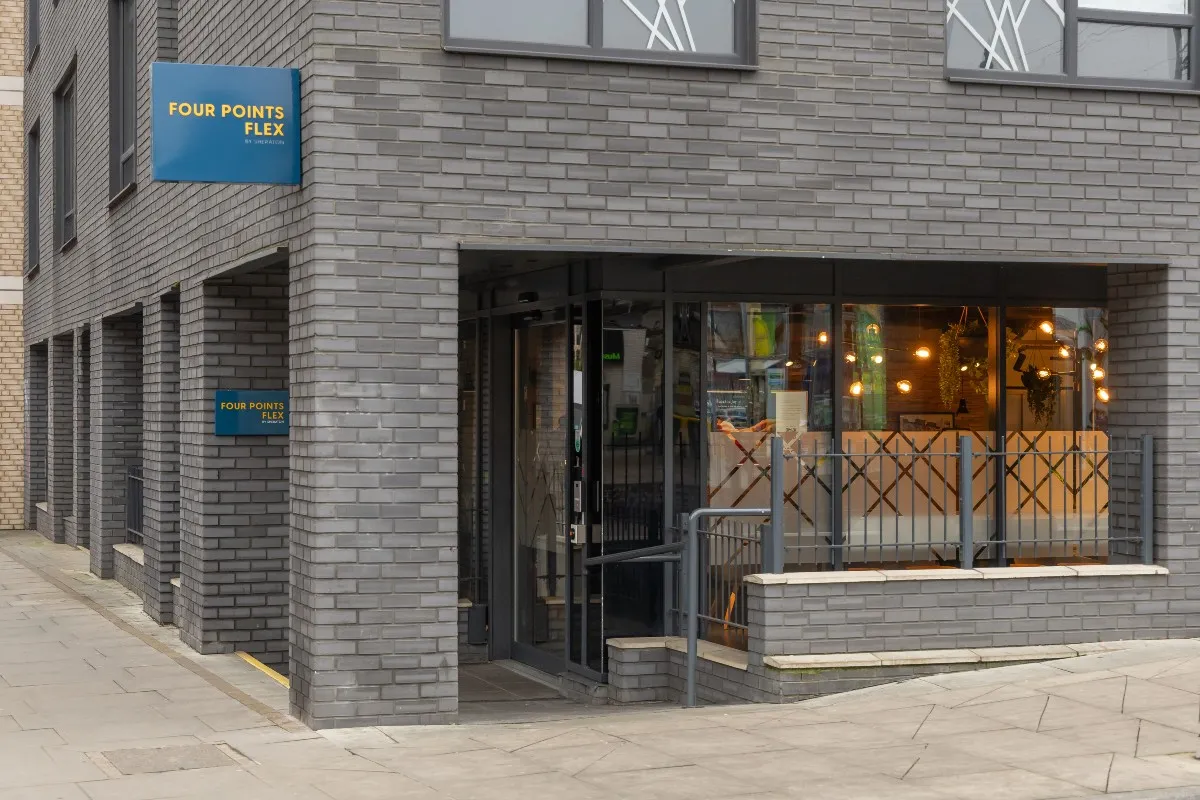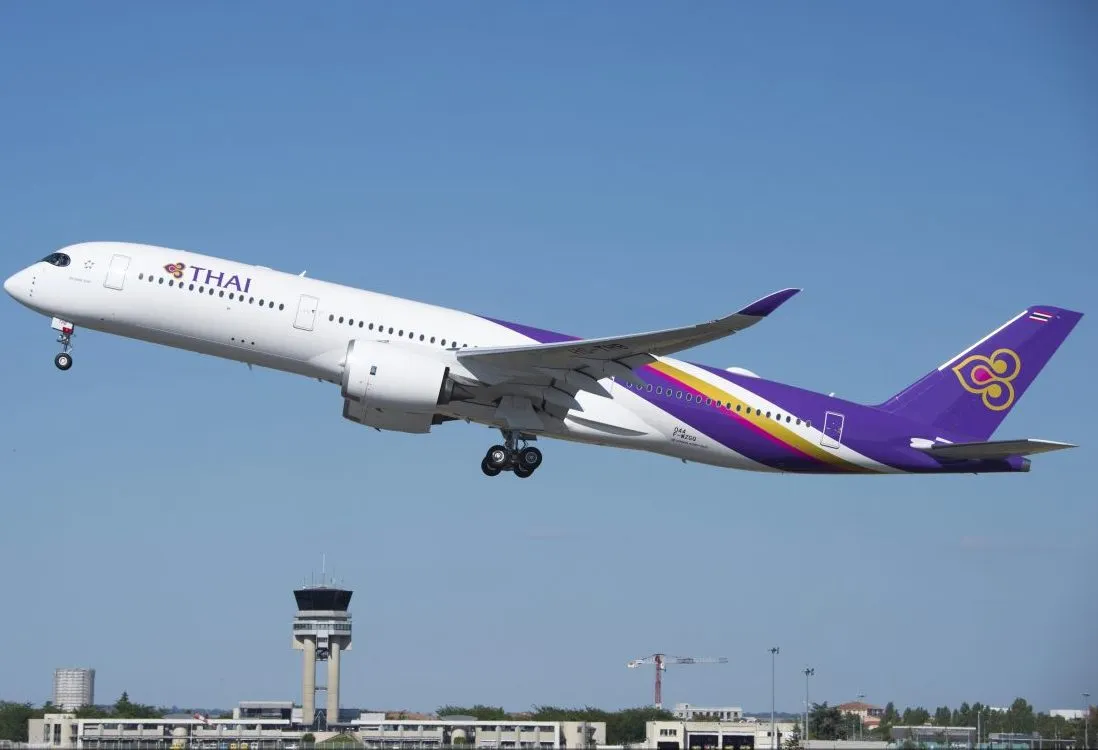When a Corporate Travel Booking Lasts for Years
Skift Take
Guitars, golf clubs and bikes are the latest accessories for growing numbers of business travelers, who are checking into apartments for much longer periods than before the pandemic.
The trend is being made possible by so-called next generation apartments, which are bookable via high-tech platforms which some companies prefer because they offer concierge-style services and brand consistency. They’re also appealing to more building owners as a profitable hospitality model.
Companies like Mint House and Numa just raised significant amounts of money, eyeing the potential to divert business travelers away from hotels. Now peer The Guild has reported a huge uptick in corporate bookings.
Google Engineers Are Hopping Around
While many travel agencies report a rise in smaller businesses getting back on the road, U.S.-based The Guild — which describes itself as a “flexible living and travel platform” — has seen a boost from Fortune 500 firms. It may explain that first-quarter rush in retreats and offsites.
The Guild recorded $1.2 million on the books this year in group travel alone, compared to the same time last year — when it was below $150,000. And some guests are staying for years, according to its CEO and co-founder.
“More companies are booking apartments for long periods, and just making them available to their teams,” said Brian Carrico. It hosts employees from Netflix, Amazon and Apple, among others, as well as legal firms that book out space for the full duration of hearings and trials. The Guild negotiates rates directly with them, and these types of clients represent 30 percent of its bookings.
“They come and go as they please. It’s all about that flexibility, and that’s where we come in," he added. “Instead of flying back and forth, they’ve got a place to live. Some people bring bikes, golf clubs, guitars; they’re recreating their life when they’re on the road."
Meanwhile there are digital nomads, including engineers from Google who Carrico sees “hopping around" different properties: “This is the current new crop of remote workers that are work-from-anywhere digital nomads.”
Urban Opportunities
These next-gen apartments think they’ve got the edge over hotel chains, and Airbnbs, because they claim to create a greater sense of community for guests, with smaller properties and touted connections to local communities. It makes for great marketing, but it's often hard to prove. Carrico, for example, said The Guild "makes the neighborhood the lobby" and it wants to become the “Marriott of flexible living.”
Yet if some guests do stay for years, rather than three nights mid-week, maybe there's more potential to build that community. And The Guild is growing. In January this year it bought Crea, a traditional property management company. That added 5,000 units to The Guild's pipeline, on top of its "active" 2,000 units today. It also raised $17 million last year.
Carrico claims the advantages for building owners and developers is The Guild takes away the stresses of distribution. It will use channels like Airbnb, Expedia, Booking and apartments.com, as well as direct contracts. "Most of these urban buildings will accommodate different lengths of stay in the future," he said. "The idea of a building only offering 12-month unfurnished leases is going away. Renters are demanding that, they don’t want to be locked in."
Due to Covid, he said he saw an opportunity to "further merge living and travel." The long-term picture is still unclear, but many traditional hospitality boundaries are certainly being eroded.
Sidenotes
The business travel boom is here. As the wider recovery continues, it’s worth a round-up of some recent earnings numbers.
Hilton is predicting a full rebound in group and event bookings within a year. Marriott International says its revenue per available room has fully recovered to 2019 levels, as it posted $377 million in net income for the first quarter. For Southwest Airlines, March corporate revenue beat March 2019. And Uber for Business on Wednesday reported gross bookings of $1.2 billion for the first quarter of this year, up 91 percent on the same period last year.
Sabre also signaled corporate travel could recover quicker than expected.
It's a lot of business travel. But it’s too early to tell from these financial updates that life is back to normal. As one exec noted during a Sabre media briefing on Wednesday: "We were all waiting for this rebound to begin."
This rebound could emerge as that initial surge after the floodgates open. Andy Finkelstein, Sabre's senior vice president, global agency sales and corporate solutions, also rightly pointed out a lot of this rebound is down to that fact most employees, up until this first quarter, simply didn't have the space to go and meet customers.
Suddenly they did. "There were a number of obstacles that are being eliminated. The reunion of sorts is really powerful, and easy to underestimate," he said.
But after the first reconnections are made, what's next? Sabre on Wednesday published a report, Mapping Travel’s New Normal, which includes a survey of airline and agency decision-makers. Equally bullish, two thirds said they believe travel will fully return to pre-pandemic levels by the end of 2024.
10-Second Corporate Travel Catch-Up
Who and what Skift has covered over the past week: Airbnb, Expedia, Hilton, JetBlue, Lufthansa, Marriott, Mint House, Sabre.
In Brief
Accelya Sets Up Technology Center in India
Airline services tech company Accelya has established a Center of Excellence in the high-tech hub of Pune, in India, to accelerate the digital transformation of the airline business with its FLX platform. The center will initially accommodate up to "500 technology leaders, domain experts and development talent," it said. Accelya will aim to fast-track so-called New Distribution Capability, airline digital retailing and the digitalization of the cargo business. It will also provide airlines with global 24-hour service and support.
France’s CDS Groupe Buys Rydoo's Travel Business Unit
French hotel booking tool CDS Groupe has bought the travel unit of Rydoo, formerly Sodexo Travel, from Marlin Equity, which bought the company in September 2021. The expense management business unit, renamed Rydoo, will remain under the control Marlin. CDS Groupe will work with Marlin under a commercial partnership to enable the travel and expense units to work together. The travel department of CDS Groupe will be led by Pierre Mesnage, vice president sales and operations, Rydoo Travel.




